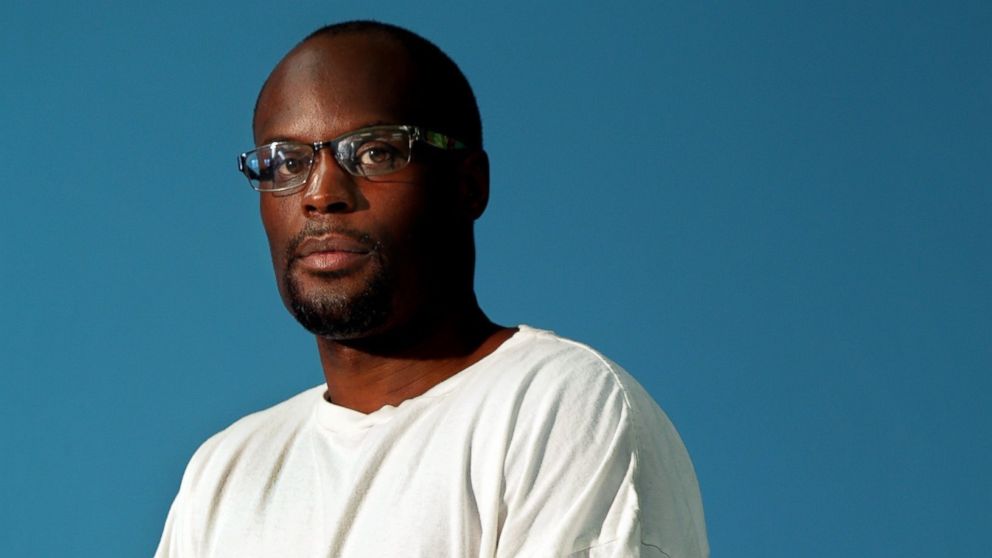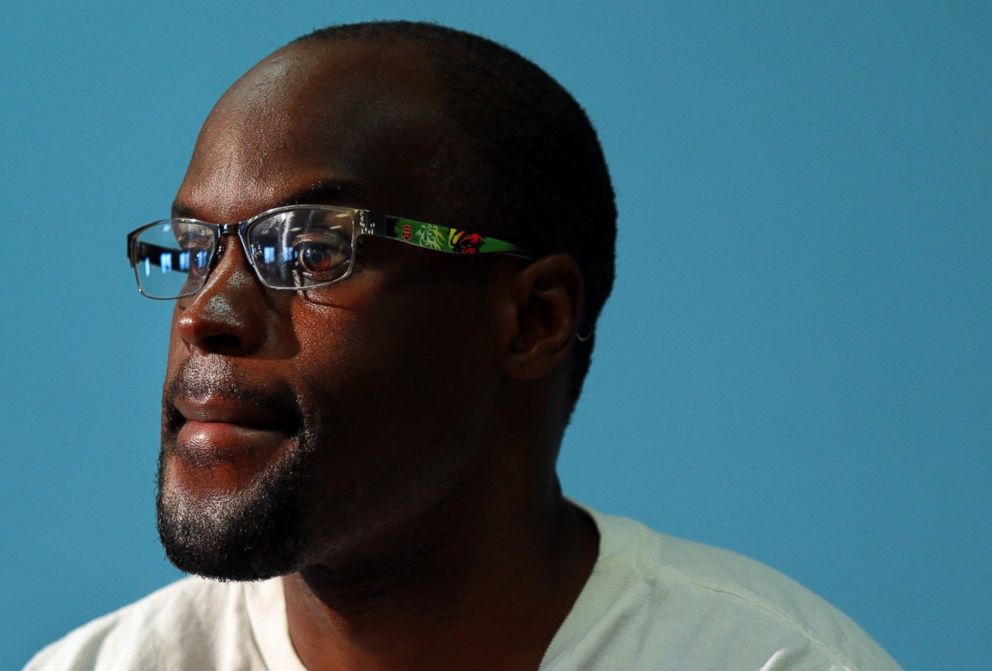Retired judge regrets sentencing teen to 241 years in prison, calls on Supreme Court to hear case
She believes in light of new research on young minds, he should have a chance.

— -- A former judge says she regrets giving a 241-year sentence to a teen who committed two armed robberies. Evelyn Baker, a retired Missouri circuit-court judge, wrote an op-ed published in The Washington Post Tuesday saying she wants the United States Supreme Court to overturn her 1997 ruling against Bobby Bostic.
"You will die in the Department of Corrections," Baker told Bostic during sentencing.
The writ of certiorari filed in this case described the crimes and charges:
At the age of 16, Bostic and another boy robbed a group of people at gunpoint, Baker said in the letter. During the robbery, two people were shot, and received minor injuries. Following the robbery, the pair forced a woman into her car and drove off, robbing her before letting her go. The boy with Bostic sexually assaulted the woman before letting her go.
After police arrested the boys, Bostic was charged with 18 counts stemming from both incidents. A jury found him guilty of eight counts of armed criminal action, three counts of robbery, three counts of attempted robbery, two counts of assault, one count of kidnapping, and one count of possession of marijuana, Baker said.

“Bostic had written me a letter trying to explain his actions, but despite this, he had not, in my view, demonstrated sufficient remorse,” Baker wrote in the letter. According to the writ of certiorari, Bostic wrote several letters to the court prior to sentencing. In these writings, he apologized for his actions and explained he felt remorseful despite his lack of emotions during proceedings.
"I told him, 'You are the biggest fool who has ever stood in front of this court. .?.?. You made your choice. You’re gonna have to live with your choice, and you’re gonna die with your choice. .?.?. Your mandatory date to go in front of the parole board will be the year 2201. Nobody in this room is going to be alive in the year 2201.'" Baker wrote.
More than twenty years later, Baker said modern scientific findings have caused her to second-guess her decision.

According to the Massachusetts General Hospital Center for Law, Brain and Behaviour, neuroscience is reforming juvenile justice policies and practices.
“It is teenagers’ heightened vulnerability to reward that drives risky behavior, contrary to longstanding beliefs that teenagers are unable to gauge risks. They can often recognize risks, but incomplete development of brain mechanisms related to modulation of impulsive behavior reduces their tendency to heed those risks,” the center said.
Baker said in the article that she now believes juveniles must "be afforded an opportunity to show that they have grown up and rehabilitated themselves" and that "they cannot be permanently written off for something they did before their brains were even fully formed."
She called on the Supreme Court to consider hearing Bostic’s case. His attorney’s filed a writ of certiorari, which asks the Supreme Court to review the lower court’s decision.
"The court should take the case and give Bostic the chance I did not: To show that he has changed and does not deserve to die in prison for something he did when he was just 16," Baker wrote.
The ACLU of Missouri, which now represents Bostic, praised Baker's letter and encouraged the Supreme Court to take his case.
“Bobby Bostic should get a chance to show that crimes he committed as a teen do not define him for his entire life," ACLU of Missouri Legal Director Tony Rothert said. “Judge Evelyn Baker’s advocacy on behalf of Mr. Bostic underscores that we must honor the Constitution and recognize the Supreme Court decision that says kids – even ones that commit crimes -- think fundamentally different than adults because their brains are still maturing. We hope the Supreme Court will take note of Judge Baker’s decision to speak out. We urge the court to make this case right.”



